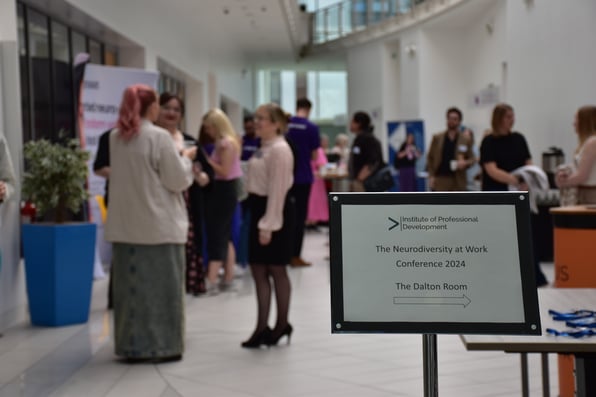In an interview with Evan Davis in The Bottom Line (Oct 2023, link below), Google’s AI boss Demis Hassabis discusses advice for today’s school or university graduates:
“The main advice I would give is to really focus on meta-skills…learning to learn, how to combine these with their own skills."
In a positive discussion about the future of work, Demis suggests that learning to engage with emergent technology, and staying curious, opens up opportunity for creative minds. For example, with AI, artists can create the digital tools that previously only programmers would have been able to develop. He advocates for adaptability, so that as new technologies emerge, we have the foundational abilities to learn how to interact with them quickly.
Marty Neumeier (2012), in the context of Industry 4.0 and robotisation, foresaw our current situation. He suggested that meta-skills fall into 5 key categories: feeling, seeing, dreaming, making, and learning. He advises we should focus on developing what (for now), only a human being can bring to the world of work; the ability to think critically, engage on an emotional level, to create and develop, and to learn continuously and quickly. It might be possible to conceptualise meta-skills as per the image below:
The model shows meta-skills as both rational and emotional capabilities that operate co-operatively. Thinking and feeling skills, rather than being opposed, here are in a ‘Ying and Yang’ relationship. To innovate we need to be analytical and creative; we need to think critically about the immense amount of information we have access to, and we need to be emotionally engaged so that we can collaborate and work well with others. This is particularly the case with those that have different capabilities or viewpoints to us, as this is often where we progress our perspective (I enjoyed Mathew Syed’s ‘Rebel Ideas’ on this point). It may be that we have strengths in one area; where this is the case it’s important to hunt out collaborators who work well in the other domain.
The over-arching meta-skill is learning, or ‘Learning Agility’. This encompasses the mindset to engage with novel or challenging tasks, and the ability adapt our existing knowledge to engage with unfamiliar problems. It encompasses curiosity, resilience, and reflection, and may be the most critical quality or capability for people starting their careers in today’s fast changing world.
Whatever our stage of life, it is likely most people benefit from developing meta-skills. A simple start point might be to look ahead to the coming week and ask some interesting questions (below). If this becomes a habit, we should see results very quickly:
- Where do I could improve my work in some way?
- What information can I draw upon to support this improvement, and how will I evaluate that information for validity?
- How might I have that opportunity real, and make a change that will show a significant result?
- How will I engage and collaborate with others to make it happen, and how will I ensure I am someone others want to collaborate with?
Staying current and evolving our capabilities has never been easier. It is possible to argue that the need for university programmes and expensive CPD accreditations is reducing; we have access to incredible amounts of insight and information. I am always tuned into podcasts and audiobooks. However, the ability to separate the wheat from the chaff is crucial; what is evidence, and what is conjecture, isn’t always made clear by online commentators, and it’s possible to find a research paper to support almost any argument. Perhaps where thinking and feeling overlap, the crosshairs of the model, is in the ability to cope with ambiguity, see nuance, and make judgements; a process that requires both critical analysis and an understanding of our own values. In this sense, investing time in developing meta-skills may yield results that transcend work, and enhance every aspect of life.
References:
Neumeier, M. (2012). Metaskills: Five Talents for the Robotic Age. New Riders.
The Bottom Line (2023, Oct). Interview with Demis Hassabis. BBC Sounds.



